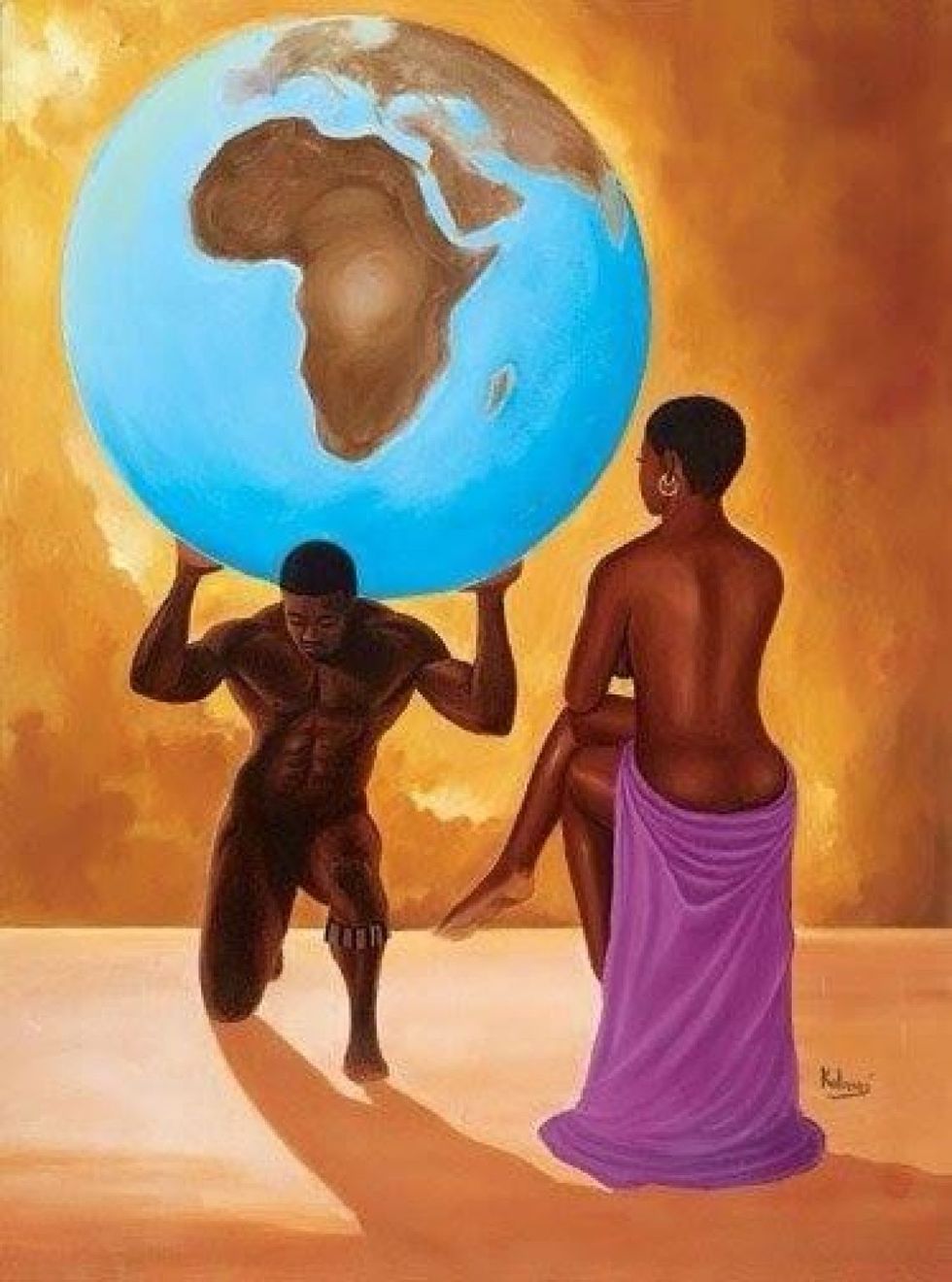Slavery ended over 200 years ago, yet the effects are still evident, especially when pertaining to marriages between African-Americans. Since the beginning of slavery, slave owners made it their duty to tear families apart. It was an effort to tear down the patriarch of the black man. Economically the family has been torn apart. The roles have been confused and switched within the Black family. Socially both genders come into the marriage expecting different things, there is no mutual understanding. The act of slavery has played a very detrimental role in the act of marriage in the African-American community. African-Americans have been affected economically, socially and the roles of gender have been affected by the reigns of slavery.
The introduction of slavery tore that pattern apart. Slave owners broke families apart; they sold the men in which prevented them from developing stable families. There was no bond between the family and father. Instead, the bond was built between the child and mother, the family developed under her eye and leadership. There was little room for the development of male leadership. The role of the father deteriorated more than 200 years. The male leader was torn from his home and family, he wasn’t able to form an attachment to them. He had no responsibility to his wife or children. The function of the father was seen as biological instead of sociological. He helped with the giving life to his child, but he was not around to raise the child. He was not involved in the practice of forming the child mentally, emotionally, or spiritually. Staples wrote, “The mother reared and cared for the children, and they were considered hers.” This information allows the reader to understand the basis of why the family is female-centered among the Black family.
It’s important for the African-Americans to know their African heritage. The black male should know that they are more than the provider. Staples wrote, “Afro-American males might best be prepared for their future marital roles by the inoculation of pride and African heritage, by a reminder of their forefathers’ patrilineal and patriarchal form of family organization.” With this knowledge, the mindset of the Black male can change. It will enable him to be the husband and father that will help promote the growth of his community. The Black woman will have to relinquish her role as the head of the household. She’ll have to look at the Black as more than a provider. The slavery mindset is still very relevant today, but with establishing a sense of community and education, this mindset can be erased.
Staples, R. (1971). The Black Family. Belmont, California: Wadsworth Publishing Company.
















